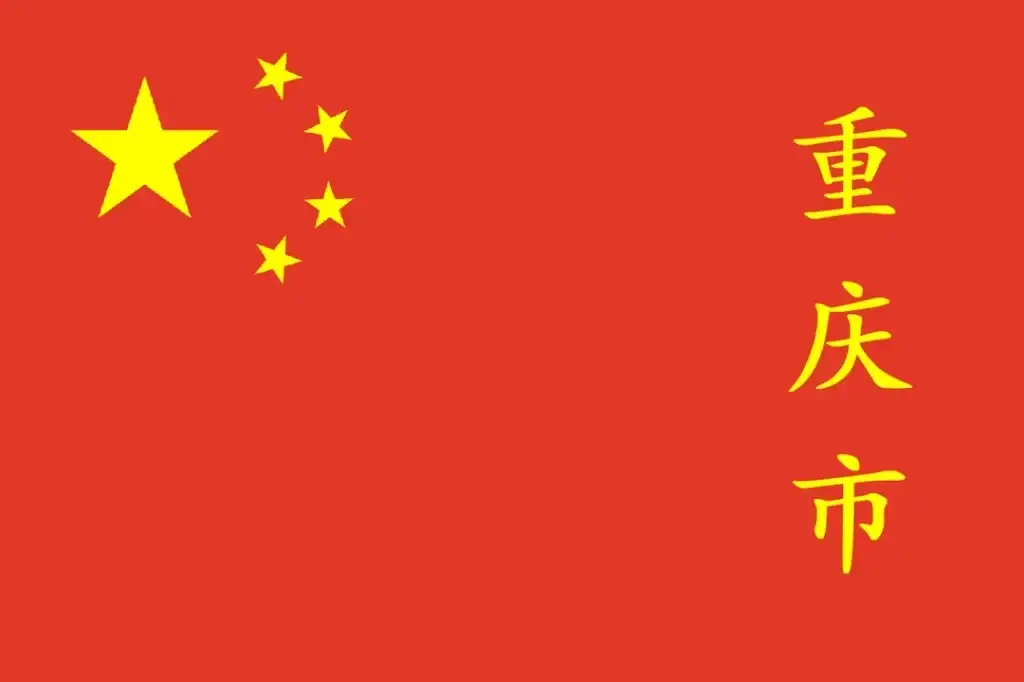chongqing
WELCOME TO chongqing
Province Overview
Chongqing
82,400 km2
31 million
Mandarin chinese

Popular
Geography and Tourist Attractions
Information about the province's tourist attractions, including popular destinations, events, and activities.

Three Gorges Museum

Ciqikou Ancient Town

Jiefangbei CBD
Political
Economy and Government
Chongqing, a province-level municipality in China, has emerged as a key player in the country's economy and government. With its strategic location in the southwest, Chongqing has become a major economic center, attracting both domestic and foreign investments. The province boasts a diverse economy, with industries ranging from manufacturing and automobiles to finance and information technology.
Under the guidance of the Chinese government, Chongqing has implemented various economic reforms and policies to foster growth and development. The region has witnessed significant infrastructure development, including the construction of high-speed railways and the expansion of transportation networks. These initiatives have facilitated trade and boosted connectivity, enhancing Chongqing's position as a vital trade hub in western China.
In terms of governance, Chongqing follows the administrative structure of a municipality directly under the central government. It operates under a unique political model, combining elements of both provincial and municipal governance. Chongqing's government has prioritized sustainable development, emphasizing environmental protection, social welfare, and poverty alleviation.
With its robust economy and efficient governance, Chongqing continues to attract investments and opportunities. The province's commitment to innovation, coupled with its strategic location and proactive government policies, positions it as a promising destination for businesses and individuals seeking growth and prosperity in China's dynamic economic landscape.

History
History and Culture
Chongqing, a province-level municipality in southwestern China, is steeped in a rich tapestry of history and culture that spans centuries. Situated at the confluence of the Yangtze and Jialing rivers, Chongqing's strategic location has made it an important center of trade and commerce since ancient times.
The region's cultural heritage is deeply rooted in its diverse ethnic makeup, encompassing the customs, traditions, and languages of various groups, including the Han, Tujia, and Bai. Chongqing is renowned for its vibrant folk arts, such as the captivating stilt-walking performances and colorful dragon dances that enthrall visitors.
Historically, Chongqing has played a pivotal role in shaping China's destiny. During World War II, it served as the wartime capital and a significant base for the Allies. The city's role as a center for resistance against Japanese aggression is celebrated at the Three Gorges Museum, which houses invaluable artifacts and exhibits.
In addition to its historical significance, Chongqing boasts stunning natural landscapes, including the breathtaking Three Gorges and the picturesque Dazu Rock Carvings, a UNESCO World Heritage Site. Exploring these ancient stone sculptures is like embarking on a visual journey through Buddhist art and philosophy.
Overall, Chongqing's fusion of history, diverse culture, and captivating scenery make it a captivating destination for both history enthusiasts and those seeking a deeper understanding of China's rich heritage.
HOTELS

InterContinental Chongqing

Hilton Chongqing

JW Marriott Hotel Chongqing
RESTAURANTS

Cai Xiang Yuan

The Ancient Town Restaurant

